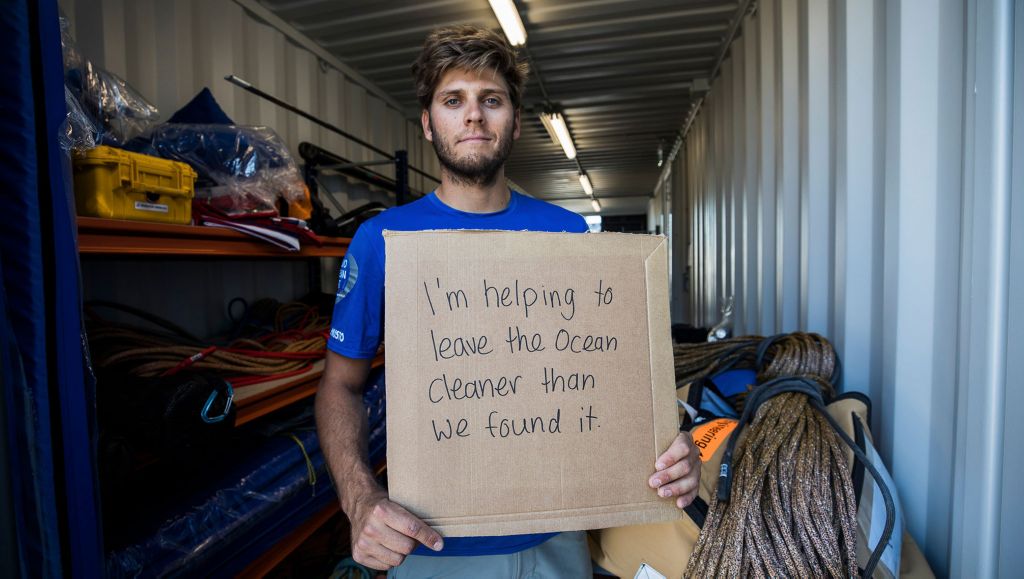Racing for sustainability


“As co-owner of the Volvo Ocean Race, the Volvo Group is aiming to deliver a world-class sailing competition and provide a platform to discuss important business issues, including sustainability” says Bill Law, member of the Volvo Ocean Race Board. “Most people are interested in one sport or another and competitive sport events get a big audience. The Volvo Ocean Race is a powerful tool to touch millions of people around the planet and inspire them to change behavior towards plastic that largely ends up in the oceans”.
Environmental care is at the heart of what Volvo stands for. Only a few days ago the Volvo Group Environmental Prize was awarded to Professor Rashid Sumaila, one of the world´s most innovative researchers into the future of the oceans and marine life. On 18 October , the first of seven Ocean Summits was hosted in Alicante. It brought together politicians, scientists, business and sport to tackle the growing and critical problem of plastic polluting the ocean.
As Erik Solheim, Head of UN Environment, explained: “Our oceans are fundamental to our survival so we must do everything we can to protect them.”
Paulo Mirpuri, Founder of the Mirpuri Foundation commented: “Besides being a sport competition, the Volvo Ocean Race attracts a lot of people and attention on to the sustainability problem. It allows us to communicate our message to millions of people around the world.”
There are three key pillars to the Volvo Ocean Race sustainability strategy:
“What was special about this Ocean Summit is that it was a conference full of very creative thinkers - large companies, small start-ups, NGOs and philanthropists, who are all looking for answers.” said Wendy Schmidt, President of The Schmidt Family Foundation and Co-founder of 11th Hour Racing.
“Sailors witness that plastic is everywhere in the seas far out away from our shores. And that’s only the visible part of the problem. Plastic breaks down into smaller pieces and now it's in the fish, the birds and in us humans, too. It doesn’t matter who you are or what you do, the oceans are our life support system and we can contribute each in our own way. We aim to spread the message and inspire citizens, business and government to bring about a change together” concludes Bill Law.
The next Ocean Summit is scheduled for 7 December at Cape Town.